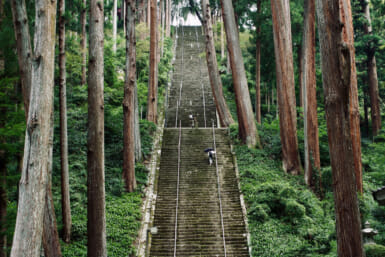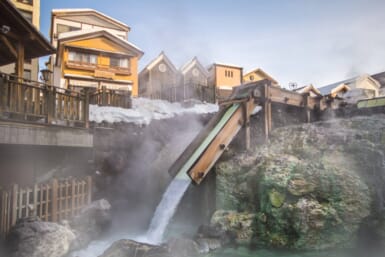Ahead of the approaching 18th Communist party Congress, the far corners of China are contemplative of the last decade until the next leadership transition marks another span of time for pursuing economic growth and political reform.
Locals in rural areas like to say that “the mountains are tall and the emperor is far away”. But the legacy of President Hu Jintao and Premier Wen Jiabao’s administration reverberated in these far-flung countryside. According to the Financial Times, the Hu-Wen government changed the landscape of the turbulent countryside from lacking basic services and being home to corrupt officials to “the new socialist countryside”.
In 2006, agricultural levies were abolished. Trillions of renminbi were poured into rural infrastructure, creating roads, electricity, running water, natural gas and phone lines, Mr. Wen says. According to the FT, rural income growth has surpassed urban income growth.
Jiang Wenhai, Communist party secretary of Silver Dragon village in the southwest province of Guizhou, told the paper: “Silver Dragon has changed a lot since my childhood and the biggest changes were in the last 10 years. Now everybody has good clothes and food, there is no problem with basic survival and the houses are all bigger than they were before”.
However, China still faces an economic slowdown and policy pressure points from territorial disputes. The absence of president-in-waiting Xi Jinping also raised speculations on the transparency of the Communist party.









